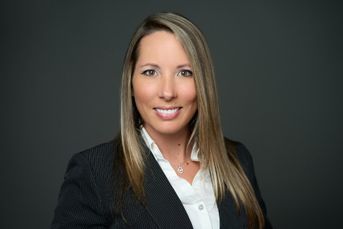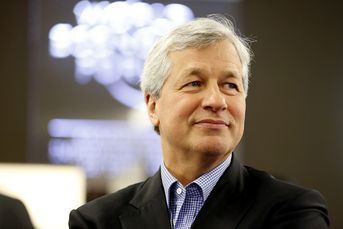Older advisers don’t have to fade away

There's lots of discussion about the aging of the advisory workforce and the need for succession planning, but an aging workforce can be an asset, not a problem.
Regular readers know that the aging of the advisory work force, succession planning and training are perennial issues that InvestmentNews has been covering for decades. In fact, once long-time readers scan the headline, they are probably able to correctly predict the thrust of a story dealing with these issues because nothing much seems to change.
For example, the average age of advisers is now somewhere around 60 and continues to climb; most advisers know they should have a succession plan, but only a relative handful actually do; and the effort to train new advisers, of which there’s a growing shortage, is bemoaned by everyone. Yet the problem remains.
For a refreshing twist on themes that seem to be an advisory version of “Groundhog Day,” look no further than Jeff Benjamin’s story about advisers working into their 70s and 80s. These veteran advisers are living proof that an aging work force can be an asset, not a problem.
The advisers quoted in the story love what they do, want to keep doing it, and don’t understand how retirement could be better than being engaged in work they find satisfying and helpful.
Hats off to these lively professionals, and their example and outlook may have lessons for the advice business as it grapples with issues of an aging workforce, succession planning and training.
Here are a few takeaways for firm managers to consider:
Putting emotional rewards first. What is it about their jobs that senior advisers enjoy most? Rainmaking wasn’t mentioned by any of the advisers in the story. To be sure, young advisers early in their careers are more concerned about earning a living and acquiring some wealth than are older, already successful advisers. But money isn’t what motivates someone to keep going. As one adviser profiled in the article said, his mission is to be one of the first five people a client calls when they need help. For long-lasting success, hiring managers should be looking for advisers whose deepest motivation is to help people, not just build a practice.
Succession planning isn’t the end. Perhaps the reason succession planning is so difficult for most advisers is that they view having a plan as an admission that their productive years are coming to a close. Advisers in our story don’t look at it that way. They see succession planning as necessary to protect clients. But they also view a plan as a tool to map out how they’ll continue to serve clients in a new way that suits the needs of clients, their firms and themselves. In other words, succession planning can be about a new beginning, not about an end.
Older advisers as a resource. In traditional societies, elders were considered sources of wisdom. While modern society seems far more interested in the wardrobe of the Kardashians than it does in wisdom, the accumulated knowledge and insights of older advisers are too valuable a resource to go untapped. In addition to being encouraged to provide pro bono financial advice, older advisers should be courted to offer formal and informal mentoring to younger advisers. While up-and-comers can learn about investments themselves, lessons about people and how to address their problems best come from those with a lifetime of experience.
Learn more about reprints and licensing for this article.







